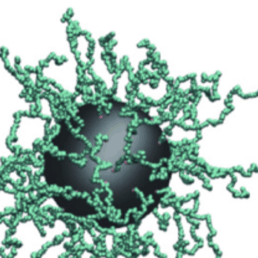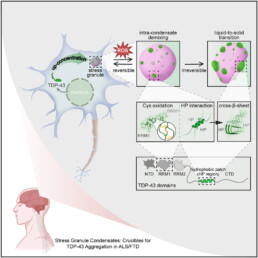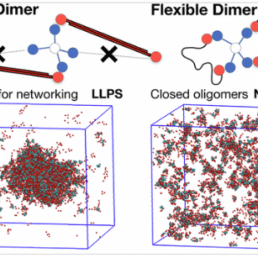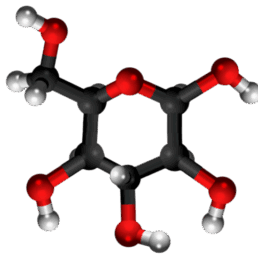A quick intro to Irreversibility
Have you ever seen a movie backwards in time? How did you figure out that the time was flowing backwards? This could seem a silly question. But think about it. It strongly depends on the what process the movie was showing! If you see many pieces of broken glass coming together from different directions to build a bottle that moves against gravity, you’ll immediately know that the movie is reversed. You know that because breaking a bottle is a very irreversible process. But how would you know it if the movie shows a pendulum? Or two billiard balls colliding? Or a planet orbiting a star? The way we guess the arrow of time on irreversible processes has to do with the Second Law of Thermodynamics! Watch this quick intro to Irreversibility!
Prepared by Mariona Esquerda Ciutat from the Hyman and Jülicher labs in Dresden.






